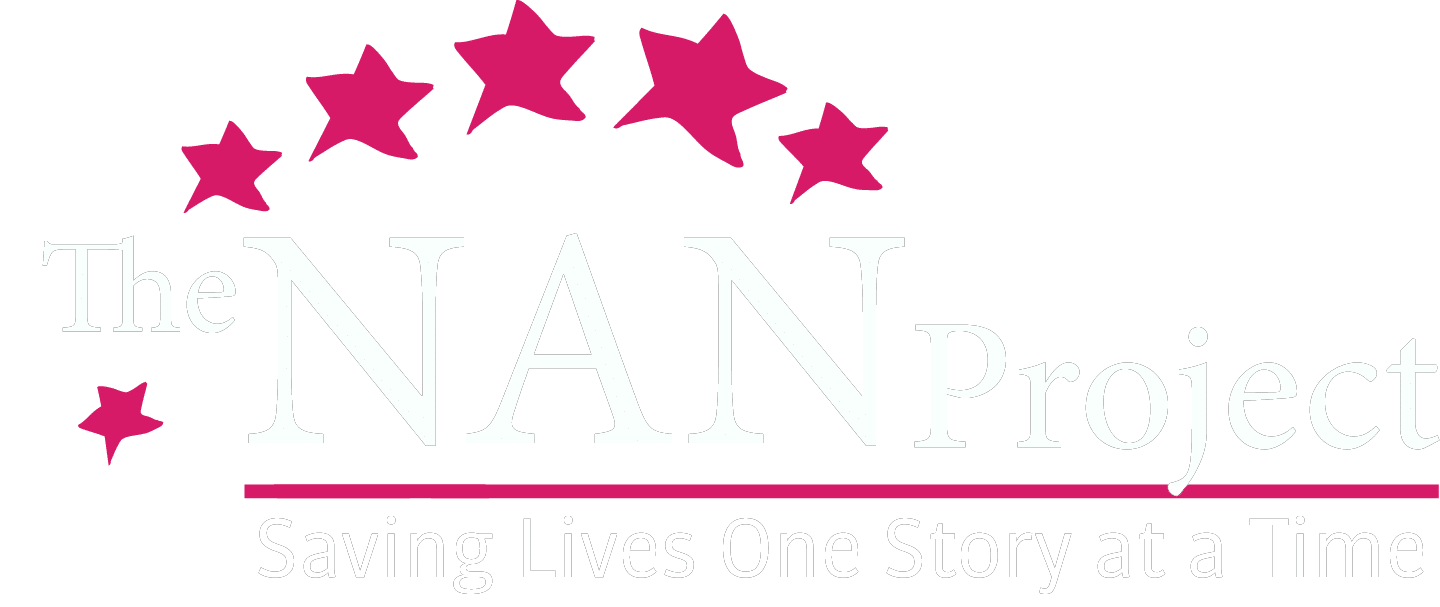Our Mission
The NAN Project provides proactive suicide prevention education through hopeful stories of lived experience to young people and their communities.
OUR WORK
For Students
For Students
Our primary form of engaging with students is through telling Comeback stories.
Comeback stories detail our Peer Mentors’ struggles with mental illness and other issues facing young people, but more importantly, discuss the supports they were able to access and the coping strategies they have employed to find a path to recovery In these presentations we also cover the signs and risks of a peer who may be struggling, as well as how to get them help in a crisis.
We also offer Question, Persuade, Refer (or QPR) training sessions for youth. This workshop identifies the risk factors and clues of someone who may be suicidal, as well as a safe intervention to help a struggling peer get to the needed supports.
For Schools
For Schools
The NAN Project offers a series of professional development workshops, resource guides, and mental-health lesson plans, to support our partner schools. All are provided free of charge.
- QPR: Question, Persuade, Refer: This suicide prevention training empowers educators to act as a bridge to support for students struggling with a mental health crisis
- Mental Health 101: This non-clinical training offers a straightforward introduction to common mental health challenges, including anxiety, depression, ADHD, and PTSD.
- “Can We Talk?” : During our presentations, we receive many questions from youth, including how to talk to friends and family about mental health, what different diagnoses look like, and how to identify supports. This workshop offers suggestions on how schools can respond.
For Parents & Caregivers
For Parents & Caregivers
Parents and caregivers play a crucial role in mental health awareness and suicide prevention for young people. All of our programming is offered free of charge, virtually or in-person, and tailored to meet the specific needs or concerns of your parent group. Some of these presentations include:
- “Can We Talk?”: During our student presentations, we receive many questions from the youth lens. This workshop looks at those questions and offers strategic suggestions on how parents can safely and appropriately respond to mental health topics.
- When to Worry, Know the FACTS: This training will provide a practical outline of the FACTS (feelings, actions, changes, threats, and situations) that may indicate a child is struggling, and suggestions on how to start a conversation with a young person in crisis.
For First Responders
For First Responders
The NAN Project has developed a comprehensive, 4 hour Mental Health and Suicide Prevention training, specifically for first responders including firefighters and law enforcement officers. This training includes mental health and suicide prevention information and resources for both the community and for the responders themselves. These sessions include:
- Question Persuade Refer (QPR): This training covers warning signs for someone who might be at risk of suicide, as well as what concrete steps can a police officer do when responding to someone in crisis, both professionally and in their personal lives.
- Mental Health 101: This program provides an overview of behavioral health conditions, and offers common mental health presentations that law enforcement may meet in the community.









